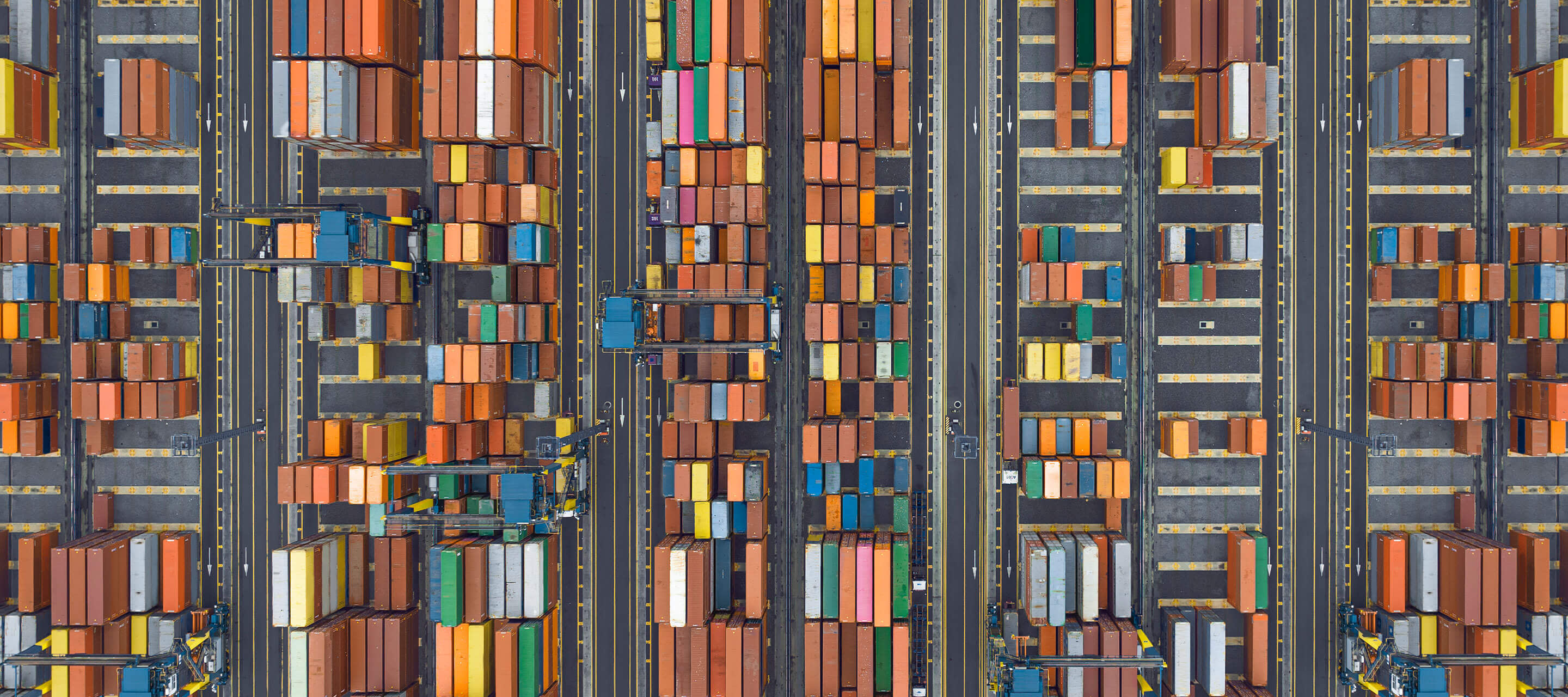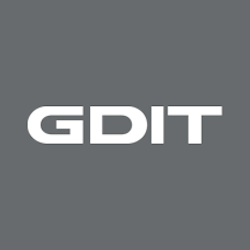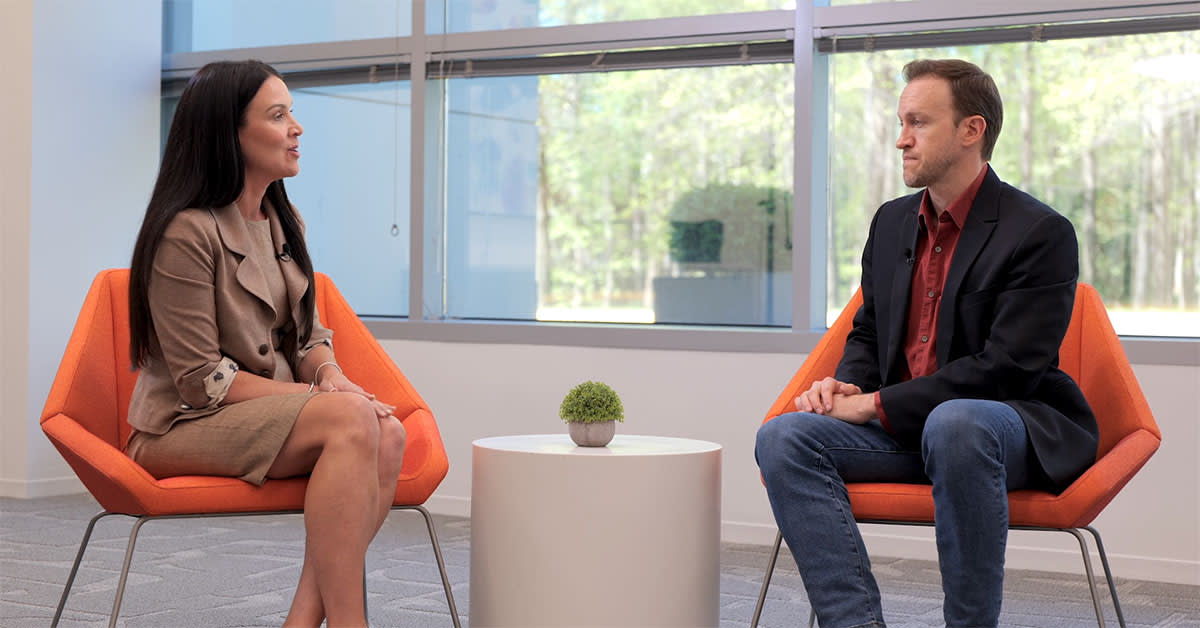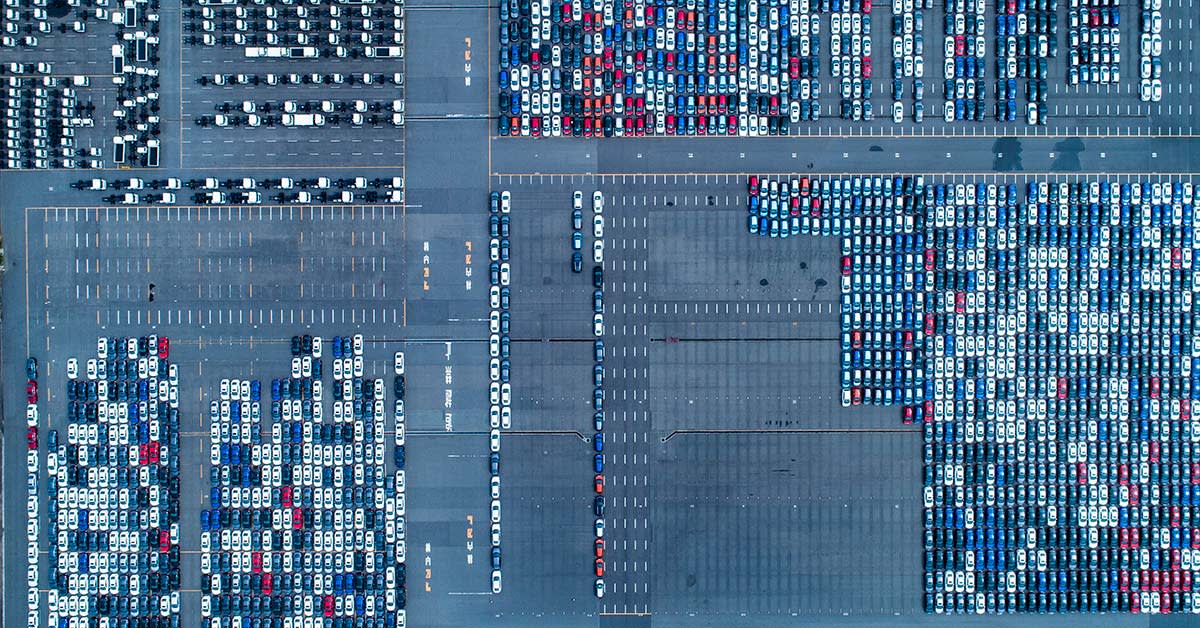Logistics and Supply Chain 18 MIN Watch
Blockchain: Trust and Security in Supply Chain Management
August 8th, 2023
GDIT’s Nisa Moore and Tim Gilday discuss supply chain challenges facing increasing global disruptions and the application of blockchain technology.
OUR CAPABILITIES
Learn more about how GDIT advances secure, global government supply chains.
GDIT’s Nisa Moore and Tim Gilday discuss supply chain challenges facing increasing global disruptions and the application of blockchain technology.
Supply chain management encompasses everything from strategic sourcing to procurement, strategic partnerships, shipping and logistics all over the world and global emergency response. GDIT provides the full lifecycle, from the start of buying an item all the way through end-of-life.
Over the last few years, government supply chains have been experiencing increasing disruptions, such as impacts to lead times, labor shortages, and shipping challenges.
“Those disruptions have really caused us to change our supply chain strategy, moving into a digital supply chain. We’ve really had to diversify our trusted circle of partners and suppliers, while balancing supply chain risk management components,” says Nisa Moore, GDIT vice president for Diplomacy.
As we move into digital supply chains, emerging technologies like automation, Internet of Things devices and blockchain can be an enabler for supply chain management, placing greater trust and security into the supply chain.
“Blockchain, if it’s layered with complementary technologies, can actually make quite a big difference. As a distributed, decentralized ledger, it allows for secure and transparent transactions, and it provides ways to replace or minimize that need for trust when verification and validation is built in,” says Tim Gilday, Senior Director, Emerging Technology
The hurdles we hear often from government are around compliance, security and scalability. Making the connection between blockchain and supply chain makes the connection between data, information sharing and security.
“If we have clean data, we can focus our attention on data analytics. And blockchain really gives us a chance to focus on the things that really matter to customers, whether it’s delivery where it matters or data analytics, or the mission.”






